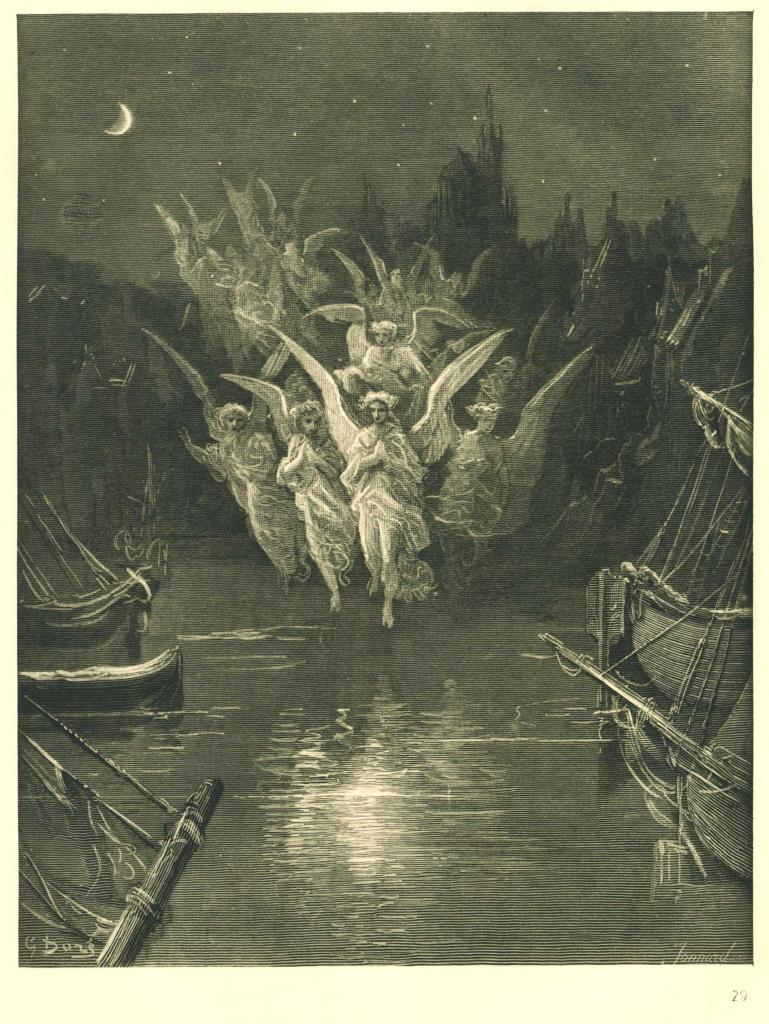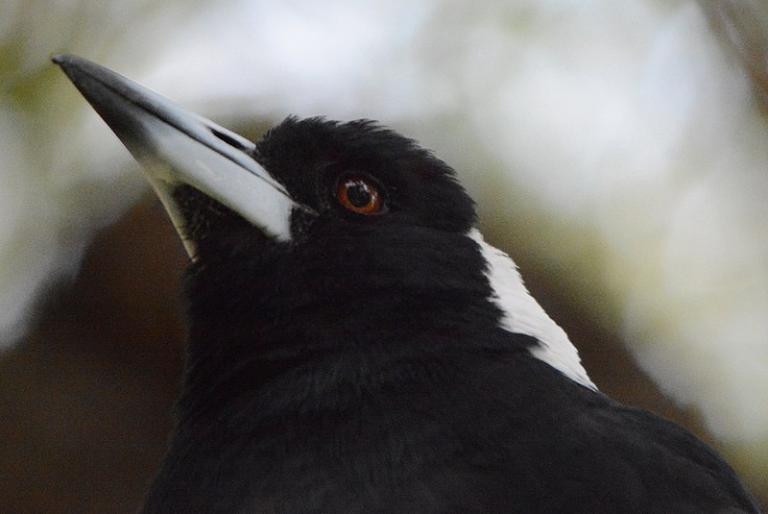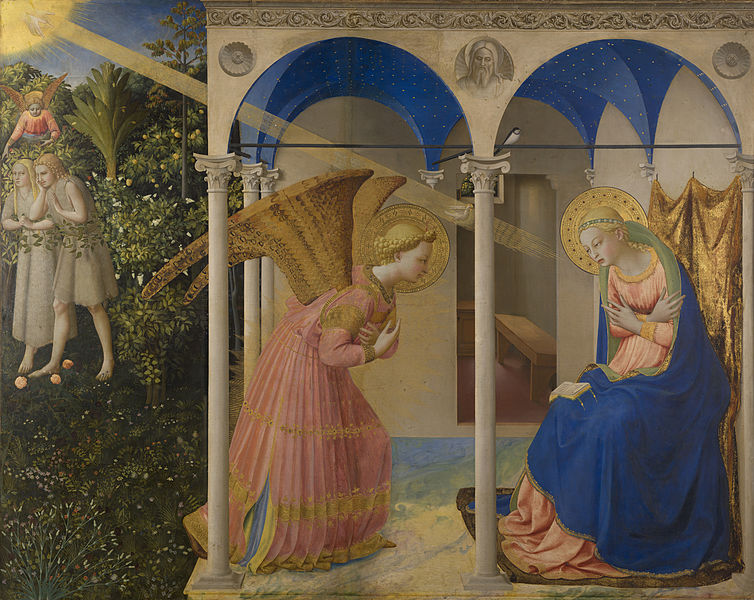
Date 1914
Source Current History of the War. v.I (December 1914). New York: New York Times Company. Via http://www.lib.utexas.edu/photodraw/portraits/
Author Unknownwikidata:Q4233718
Permission
PD-US
Dear Friends and Family,
Part of my normal routine is to get up at five in the morning, do my morning ablutions, and then I come into the study, say my prayers, and by no later than 5:45 I begin my morning reading. Right now, I’m reading my way through The Everyman Chesterton, a collection of some of G. K. Chesterton’s most famous writings. At the moment, I’m in the middle of Orthodoxy, a fantastic book that ought to be read by all. Today I came to the chapter entitle ‘The Ethics of Elfland’. In this chapter, Chesterton lays out the laws and guidelines one usually finds in Faerie. There’s a particular quote I want to share with you:
‘I observed that learned men in spectacles were talking of the actual things that happened–dawn and death and so on–as if they were rational and inevitable. They talked as if the fact that trees bear fruit were just as necessary as the fact that two and one make three. But it is not. There is an enormous difference by the test of fairyland; which is the test of imagination. You cannot imagine two and one not making three. But you can easily imagine a tree not growing fruit; you can imagine them growing golden candlesticks or tigers hanging on by their tail.’ (300 in my edition).
What Chesterton here is critiquing is this notion that simply because something has repeatedly happened does not mean it is what always must happen. He later adds, ’But perhaps God is strong enough to exult in monotony. It is possible the God says every morning, “Do it again” to the sun; and every evening, “Do it again” to the moon’ (309). For Chesterton, imagination was the key test of a law. If you could imagine it differently, then it was not a law. This is magic, for Chesterton.
In Faerie, however, there are still laws. Two plus two must always equal four (unless you change the meaning of the words), black can never be white or blue or green and vice versa. Finally, good can never be evil and evil good. You see, in Faerie there are absolutes. I am reminded of George Macdonald, a nineteenth Scottish story writer and theologian. In his story The Princess and the Goblin, the princess is described as being beautiful and truthful for it is the mark of the princess to be honest. Faerie is a world where the transcendentals (Truth, Beauty, and Goodness) have not been separated and so where you find one you find them all.
I now have a secret to tell you. Perhaps you’ve guessed it already. Faerie is real, truly it is more real in so many ways than the earth as we know and understand it. We must look to Elfland for our ethics for they turn to the same Christ we do. This world is enchanted, if only we have the eyes to see it.
Sincerely yours,
David











